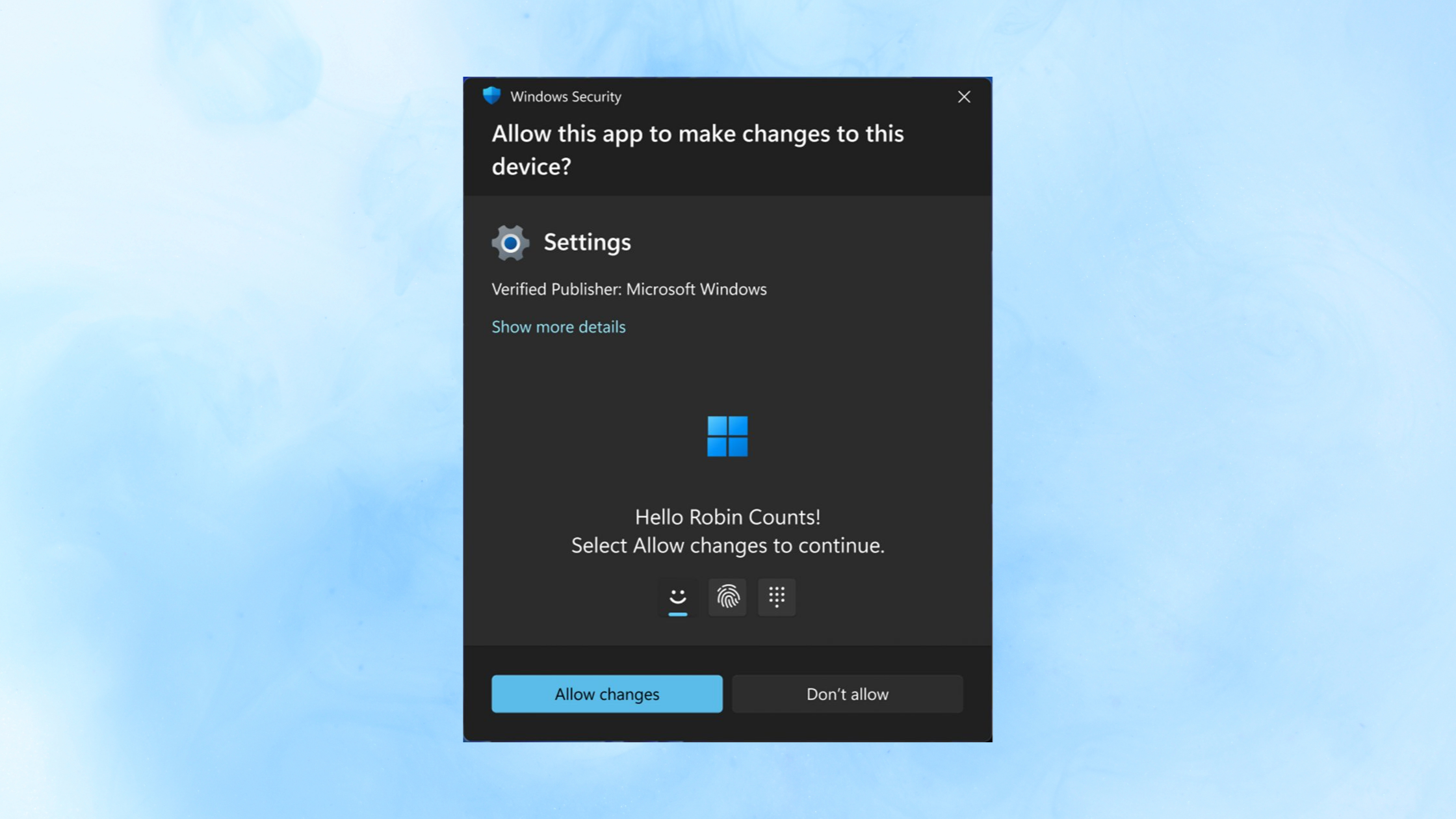Table of Contents
Windows 11's Quick Machine Recovery Feature to Combat System Crashes Remotely
At Microsoft's recent Ignite 2024 conference, the tech giant unveiled a significant update aimed at bolstering system reliability and security in the wake of the catastrophic CrowdStrike incident that occurred in July 2024. This new feature, dubbed Quick Machine Recovery, is designed to help IT administrators remotely fix Windows 11 PCs that are unable to boot due to critical errors like blue screens of death or boot loops.
The feature is part of Microsoft's broader Windows Resiliency Initiative, which focuses on enhancing system resilience through improvements in reliability, reducing reliance on administrative privileges, controlling what drivers are allowed to run, and preventing phishing attacks. Quick Machine Recovery stands out as it allows targeted fixes to be deployed via Windows Update, even when physical access to the PC is not possible, thereby minimizing downtime and reducing the risk of system-wide failures.
This initiative was spurred by the need to address vulnerabilities highlighted by the CrowdStrike outage, which saw thousands of Windows PCs globally rendered unbootable due to a faulty update. In response, Microsoft has introduced several new security features to fortify Windows 11, including:
Administrator Protection: This feature, now in preview, enables users with standard permissions to execute necessary system changes by temporarily granting admin privileges through Windows Hello biometric authentication. It ensures attackers cannot hijack elevated admin profiles, reducing security risks associated with overprivileged users.
Hotpatching: Scheduled for Windows 11 Enterprise 24H2 and Windows 365, this feature allows critical security updates to be applied without requiring a system restart, significantly reducing downtime and the potential for security breaches.
Zero Trust DNS: By restricting Windows devices to approved domains, this feature controls network traffic, enhancing security by preventing unauthorized outbound connections.
Microsoft has also announced a shift towards safer programming languages, moving functionality from C++ to Rust, to mitigate vulnerabilities related to unsafe code. This aligns with the company's Secure Future Initiative, emphasizing proactive security measures.
The Quick Machine Recovery feature will enter testing among Windows Insiders in early 2025, showcasing Microsoft's commitment to improving system reliability and reducing the impact of security incidents. The company's efforts also extend to partnerships with endpoint security vendors through the Microsoft Virus Initiative (MVI), aiming to adopt safe deployment practices for updates to minimize negative impacts.
In addition to these developments, Microsoft highlighted the inherent security advantages of Windows 11 over its predecessor, Windows 10, which will reach the end of support by October 2025. Windows 11's security features, such as TPM 2.0, virtualization-based security, Credential Guard, Local Security Authority protection, and fewer kernel attack surfaces, have significantly reduced the number of security incidents, with a reported 62% drop and a threefold reduction in firmware attacks.
The introduction of Quick Machine Recovery and the broader security strategy underscore Microsoft's proactive stance in enhancing system security, particularly in preventing unauthorized access or system crashes similar to the CrowdStrike incident. These updates and features are part of Microsoft's ongoing efforts to ensure that Windows 11 remains a resilient and secure platform for millions of users worldwide.
Visit our website to get cybersecurity updates like this, thesecmaster.com, and our social media page on Facebook, LinkedIn, Twitter, Telegram, Tumblr, Medium, and Instagram and subscribe to receive tips like this.
You may also like these articles:
Anthony Denis
Anthony Denis a Security News Reporter with a Bachelor's in Business Computer Application. Drawing from a decade of digital media marketing experience and two years of freelance writing, he brings technical expertise to cybersecurity journalism. His background in IT, content creation, and social media management enables him to deliver complex security topics with clarity and insight.
